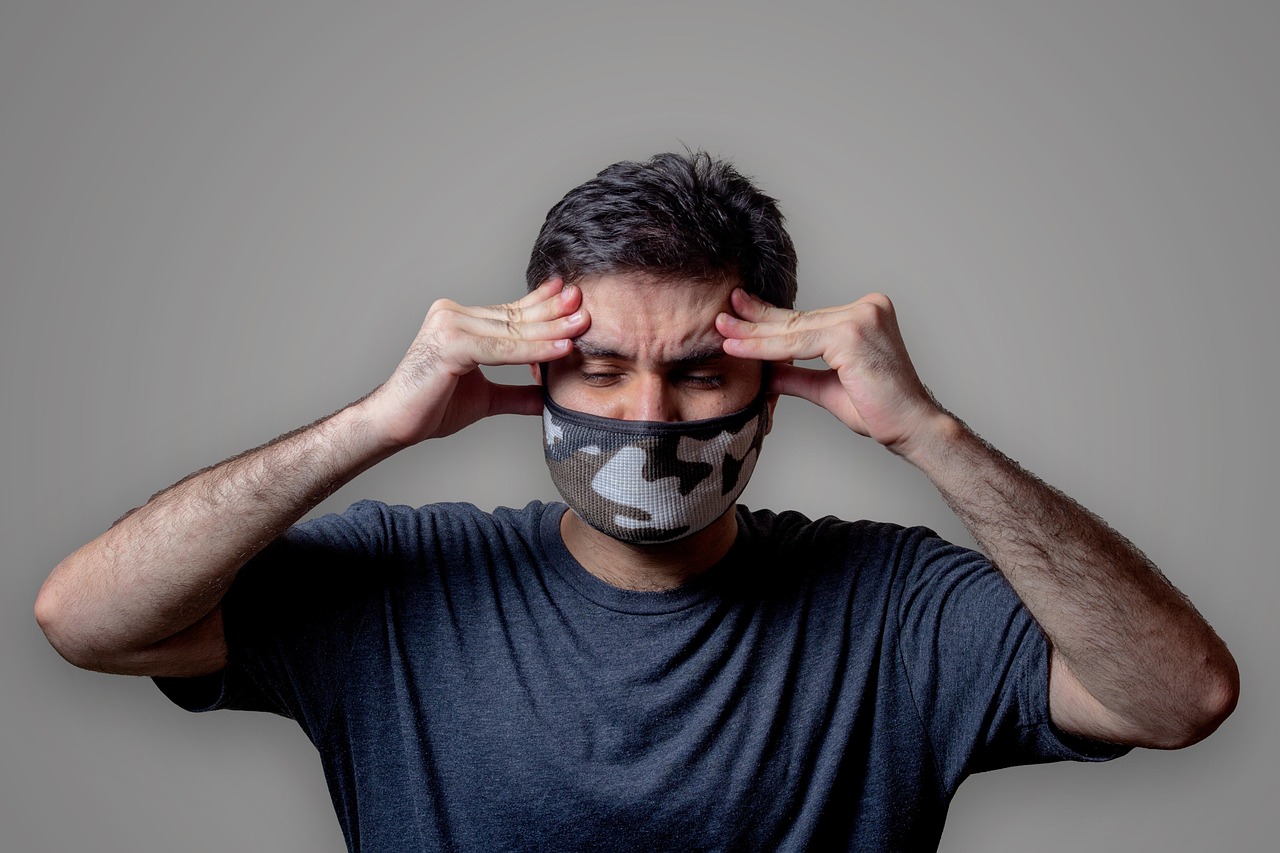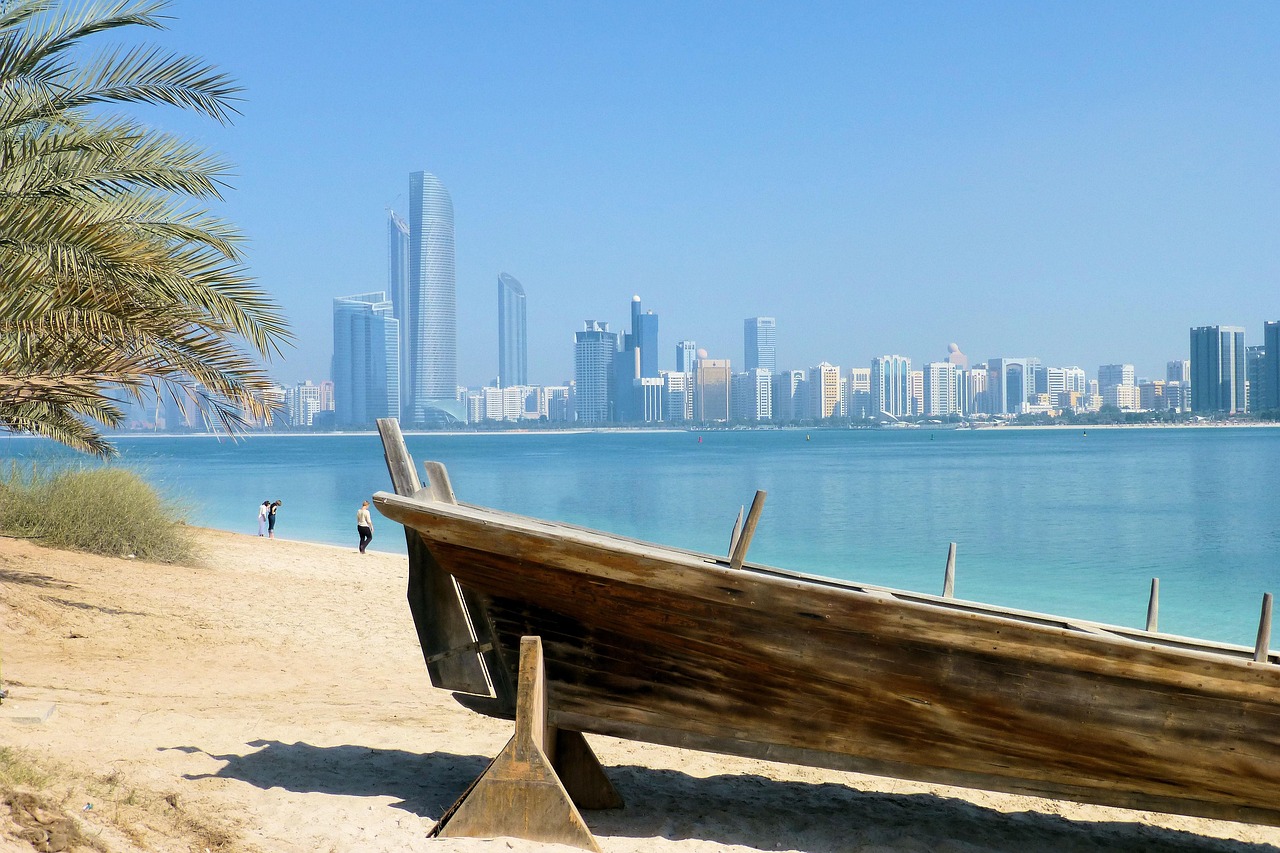Overview
Dubai is a global stopover and a long-stay hub for business and leisure. If you develop a minor illness or sustain a non-serious injury while in the city, urgent care is often the most practical route: fast access to a clinician, on-site diagnostics, and clear next steps, without the intensity and cost of a full emergency department.
In Dubai, urgent care is typically delivered by private hospitals, international clinics, and specialized ambulatory centers. Facilities are regulated, modern, and accustomed to serving international visitors. English is widely spoken, and billing is straightforward: most clinics accept major cards and issue itemized receipts for insurance reimbursement.
Important: If symptoms suggest a life-threatening emergency—severe chest pain, major trauma, trouble breathing—call 998 for ambulance or go to the nearest hospital emergency department. Urgent care is intended for problems that are pressing but not immediately dangerous.
What “Urgent Care” Means in Dubai
Urgent care sits between family medicine and the emergency room. It is designed for same-day assessment of issues that shouldn’t wait, while avoiding the complexity of an ER visit. In Dubai, these services are usually embedded within private hospital networks or licensed outpatient centers, so diagnostics and pharmacy are often under one roof.
Typical reasons to go
- Fever, sore throat, sinus or ear infections
- Stomach upset, traveler’s diarrhea, mild dehydration
- Sprains, strains, suspected simple fractures
- Minor cuts, burns, rashes, insect bites
- Short-term prescription issues and simple follow-up care
What urgent care doesn’t handle
- Major trauma, severe bleeding, or loss of consciousness
- Acute chest pain, stroke symptoms, severe breathing problems
- Complex surgery or ICU-level monitoring
- Long-term mental health treatment plans
The advantage in Dubai is speed and coordination: triage, consultation, lab work, and pharmacy pickup can often be completed the same day.
Emergency Numbers in the UAE
Keep these numbers handy while you’re in Dubai:
- Ambulance / Medical Emergencies: 998
- Police (emergency): 999
- Fire & Rescue: 997
- Police (non-emergency helpline): 901
Private hospital networks may also arrange ambulances. If you’re near a facility you trust, calling them directly can speed coordination.
Choosing Urgent Care vs. an Emergency Department
When urgent care is appropriate
- Fever without severe breathing difficulty
- Vomiting/diarrhea with mild to moderate dehydration
- Twisted ankle, sprain, suspected hairline fracture
- Shallow cuts and small burns needing cleaning and dressings
- Skin rashes, mild allergic reactions, insect stings
- Medication refills (where clinically appropriate)
Go to ER or call 998 immediately
- Crushing chest pain, stroke signs, severe breathing trouble
- Large or deep wounds, major burns, significant head injury
- Uncontrolled bleeding or suspected internal injury
- Severe allergic reaction (anaphylaxis): swelling, wheeze, collapse
- Fractures with deformity or open fractures
A quick self-check: if the problem threatens breathing, circulation, or consciousness—or is rapidly worsening—treat it as an emergency. Otherwise, urgent care is usually the fastest sensible option.
What a Visit Looks Like (Step-by-Step)
- Check-in: Show your passport or Emirates ID. Provide insurance details if you have coverage.
- Triage: Vital signs and a brief history help prioritize your case.
- Clinician consult: Examination, differential diagnosis, and a plan for tests or treatment.
- Diagnostics: Same-day labs, X-rays, or ultrasound where indicated; results often return within hours.
- Treatment: Wound care, IV fluids for dehydration, splints, medications, or vaccinations as needed.
- Pharmacy & instructions: Collect prescriptions on site or nearby; leave with clear after-care guidance and red-flag signs.
- Billing: Pay by card or cash; request an itemized invoice and a physician summary for insurance.
Tip: Save a photo of your passport and insurance card on your phone, and keep your hotel address handy for any follow-up calls.
What to Bring & How to Prepare
- Passport (or Emirates ID for residents)
- Insurance documents and claim instructions (if applicable)
- Payment method (major cards widely accepted; keep some cash as backup)
- List of medications, dosages, and allergies; photos of labels help
- Contact details and the address of your hotel or residence
If you use a health app or wearable, recent readings (e.g., temperature, heart rate) can be useful context for the clinician.
Fees, Billing & Insurance
Pricing varies by facility and complexity. The ranges below are indicative for private urgent-care style visits in Dubai; final charges depend on the evaluation and any tests or procedures performed.
- Consultation: roughly AED 150–400 for straightforward cases; more for complex presentations
- Laboratory tests: AED 100–600+ depending on panels
- Imaging: X-ray or ultrasound typically AED 200–800+
- Medications: varies; brand vs. generic affects price
- Vaccinations: pricing depends on vaccine type and availability
- At-home visit surcharge: available via select providers; expect a premium
Most visitors pay at the time of service. If you plan to claim insurance, request an itemized bill and a medical report. Some insurers arrange direct billing with network hospitals—check your policy or call your insurer before the visit if time allows.
Avoiding surprises
- Ask whether tests are included in the consultation fee or billed separately.
- Request an estimate before non-urgent imaging or extensive labs.
- Keep digital copies of all invoices and reports for claims.
Language, Translation & Records
English is widely used in Dubai’s private healthcare system. Still, concise communication helps:
- Describe symptoms simply and note when they started or worsened.
- Show medication packaging or photos; list allergies clearly.
- Use a translation app for specific terms if needed.
- Ask for printed or emailed summaries for your records and insurer.
Hours, Access & Wait Times
Private clinics commonly operate extended daytime and evening hours; many hospital-based centers run 24/7. Walk-ins are accepted at most urgent care units, though waits are typically shorter earlier in the day. Holiday periods and large events can increase demand.
Pharmacies
Pharmacies are widespread and often open late. Pharmacists can advise on common over-the-counter remedies and dispense prescriptions. Regulations vary by medication class; follow local law and clinician guidance.
How Urgent Care Can Help (Service Categories)
1) Common illnesses
Fever, colds and flu-like symptoms, ear/sinus infections, mild asthma flare-ups, and stomach bugs are routinely assessed. Hydration support, symptom-relief medications, and targeted testing are common.
2) Minor injuries
Wound cleaning and dressings for cuts, burn assessment, tetanus boosters when appropriate, and splinting for sprains or suspected simple fractures. Severe pain, deformity, or impaired circulation warrants ER evaluation.
3) Testing & diagnostics
Same-day blood and urine tests, rapid infection screens, ECGs, and X-rays are widely available; ultrasound is common, while CT/MRI typically require referral within the same network.
4) Immunizations & preventive care
Many centers offer routine and travel vaccinations (availability varies). Call ahead if you’re on a tight schedule or need specific vaccines.
5) Telehealth consults
Video or phone consultations can handle triage questions, minor issues, and some prescription needs. Certain medications still require in-person review by law or clinic policy.
6) At-home visits
Select providers arrange house-call doctors or nurses for hotels and residences—useful for mobility issues or privacy. Expect additional fees and variable availability by district and time of day.
7) Mental health & therapy support
Short-term counseling and onward referral to English-speaking therapists or psychiatrists can be arranged. For ongoing care, private mental health clinics and teletherapy platforms operate across the city.
Dubai Area Notes: Marina/JBR, Downtown/Business Bay, Deira
Marina / JBR
A dense residential and visitor area with quick access to private clinics and hospital networks. Evening demand can raise wait times; mornings are often quieter. English-language services are the norm.
Downtown / Business Bay
Central business and hotel districts with multiple ambulatory centers and hospital branches a short drive away. Expect efficient diagnostics and easy transport links.
Deira (old Dubai)
Well-served by pharmacies and clinics, with a mix of established providers. Crowds can build at peak times; bringing a written symptom list helps keep the visit focused and swift.
Self-Care & Over-the-Counter Options
For mild issues, rest and hydration may be enough before seeking in-person care. Pharmacies can help you choose over-the-counter options appropriate to your symptoms—always follow labels and consider interactions with your regular medications.
Hydration & GI care
- Oral rehydration salts (ORS)
- Antiemetics / antidiarrheals (as directed)
- Light meals while recovering
Pain & fever
- Paracetamol / acetaminophen
- NSAIDs where suitable for you
- Rest and temperature checks
Skin & allergy
- Antihistamines for bites or mild reactions
- Topical antiseptics and burn gels
- Moisturizers for sun/wind exposure
Seek urgent assessment for persistent high fever, bloody stools, severe abdominal pain, worsening shortness of breath, chest pain, fainting, or neurological symptoms.
Traveler Health Tips & Prevention
- Hydrate: Heat and air-conditioned indoor/outdoor swings can dehydrate quickly—carry water.
- Food savvy: Choose reputable venues; be cautious with buffets if food looks to have sat out.
- Sun & heat: Use sunscreen, hats, and shade; pace outdoor activity during midday.
- Travel kit: Bandages, antiseptic wipes, pain relievers, antihistamines, and any routine meds.
- Act early: If symptoms persist beyond 24–48 hours or red flags appear, visit urgent care.
- Paper trail: Keep digital copies of prescriptions, vaccination records, and clinic receipts.
Frequently Asked Questions
Will clinics take my travel insurance?
Many visitors pay at the time of service and later claim reimbursement. Some hospitals have direct billing arrangements for certain insurers—check your policy or call your insurer for network details.
Is English widely spoken?
Yes. Dubai’s private healthcare facilities commonly operate in English. Bring medication names and allergy details to speed the visit.
Do I need an appointment?
Walk-ins are usually fine for urgent care, though scheduling can reduce waiting, especially if imaging or multiple tests are anticipated.
How fast are test results?
Basic labs and X-rays often return the same day—sometimes within hours. More complex studies may take longer or require follow-up.
Can I get a house-call?
Some providers offer doctor or nurse visits to hotels and residences for an added fee. Availability varies by district and time.
Glossary: Useful Arabic & Medical Terms
- مستشفى (Mustashfa): Hospital
- عيادة (ʿIyāda): Clinic
- طبيب (Tabīb): Doctor
- ممرضة (Mumarriḍa): Nurse
- دواء (Dawā’): Medicine
- تأمين صحي (Ta’mīn ṣiḥḥī): Health insurance
- حساسية (Ḥasāsiyya): Allergy
A simple written list of symptoms, timing, and allergies in English is usually enough in Dubai’s private clinics. Translation apps can display Arabic alongside English if needed.
Key numbers: 998 (ambulance), 999 (police emergency), 997 (fire), 901 (police non-emergency).
Disclaimer
This guide is an informational resource for visitors and residents in Dubai and does not replace medical advice. Always seek professional care for diagnosis and treatment. In life-threatening situations, call 998 for an ambulance or go to the nearest emergency department.
Last updated: August 2025


